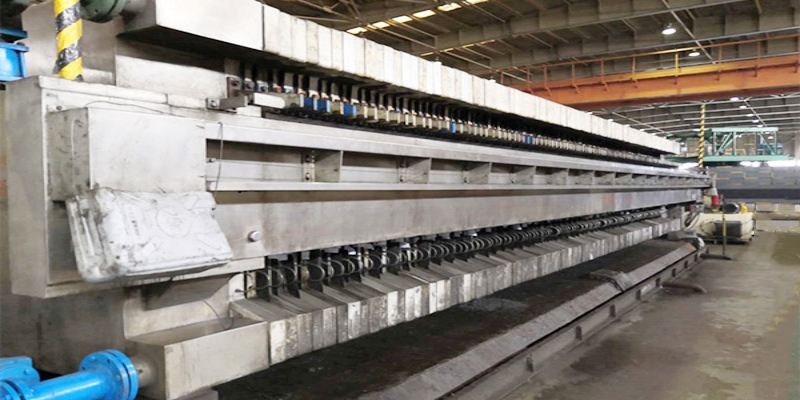
Is higher filtration precision always better? No — higher filtration precision is not necessarily better.
The choice of filter cloth when using filter presses directly affects the filtration results and production efficiency. However, higher filtration precision does not necessarily equate to better results. BOLIAN recommends considering multiple factors when selecting a filter cloth.
The air permeability and particle retention diameter of filter cloth are important selection parameters, but higher initial filtration accuracy is not necessarily better. In fact, excessively high initial accuracy can lead to one of two situations:
1. Increased filtration resistance, which reduces filtration speed.
2. The filter cloth becomes more prone to clogging, which shortens its service life.
Additionally, we should pay attention to the cake-release performance of the filter cloth. A smooth, flat surface that allows the filter cake to release easily results in higher efficiency. If the filter cake adheres to the cloth and is difficult to remove, the operation time of the filter press will be prolonged and work efficiency reduced. Monofilament filter cloth performs better in terms of cake discharge than multifilament or staple filter cloth. Satin weave filter cloth has better cake-release performance than plain weave filter cloth.

Selection recommendations:
1. Consider the performance of the cake release.
2. Select the appropriate filtration precision based on the characteristics of the material.
3. Consult professional suppliers for technical support.
4. Consider filter cloth durability.
In summary, selecting the ideal filter cloth requires balancing filtration precision, cake release performance, service life and cost. Users are recommended to conduct small-scale trials during the selection process to determine the most suitable filter cloth specifications based on actual filtration performance. This will ensure truly efficient and cost-effective filtration operations.